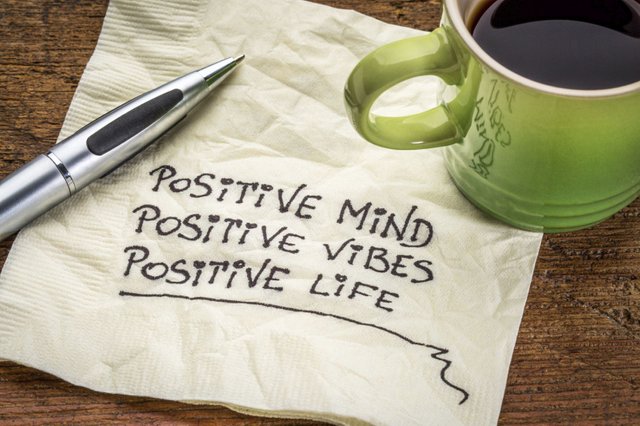In business, attitude is an important business characteristic that can either lead to success or failure. An attitude is a mental construct, an emotional and psychological entity that either inheres within, or identifies an individual with. When it comes to leadership however, the attitude is often referred to as the "deal maker". Leaders must possess certain characteristics to achieve their goals.

The first aspect to consider when assessing attitude is the underlying structure of behavior. There are four components of behavior that are essential for success in any situation: response, arousal, intention, and impact. The main aspect of attitude in any situation is the latent attitude. The latent attitude I refer to is the "basis of attitude" or the hidden internal state of mind. It is this state of mind that will affect any response or behavior.
Our first assumption is that attitude is a cognitive construct. It is not however. This is a common misconception that is the cause of many misdiagnoses in professional psychology. The attitude described is actually a functional dichotomy within the human brain. The left side of our cognitive brain is dominated by the goal-oriented left side, while the right side is occupied by what I call the attitude component.
The attitude component includes all the beliefs, expectations, beliefs, and motivations that guide an individual's behavior. As stated previously this is predominant on the right side of the brain. It is an extremely complex and sophisticated set of behaviors that can be studied in any situation that examines psychological or sociological phenomena. The most commonly referred to attitude theory in business psychology is called the Theory of Mind.
In behavioral science the concept of attitude has also been incorporated into the field of psychology. The major assumption of attitude theory is that there are conscious and unconscious causes of behavior. Behavior that is motivated by a desire or urge is considered to be a conscious attitude and is caused by a cognitive process that we have access to. The other category is behavior that is caused by a desire but is not a conscious attitude; this type of behavior is an unconscious attitude.
Research in social psychology has attempted to separate attitude from personality in order to test whether it is possible to use attitude as a basis for categorization. One approach to do this is to use the attitude inventory used in psychological tests. The inventory consists of thirteen items that measure attitudes regarding five different categories: power, achievement, competence, socialization, and intrapersonal life situation. Items can be coded on a single scale, where one is the strongest attitude that can be associated with a specific person and the other, weaker attitudes.
The results of past research have shown that attitudes affect behavior. People who have low levels of confidence will engage in less risky behavior. This is because low-confidence people place high value on their own behaviors, which leads them to over-estimate their own risk. In contrast, those with high levels of confidence have lower risk tolerance, and therefore they engage in more risky behavior.
The way attitude affects behavior is best explained by the theory of attitude formation. Attitude is formed by our cognitive beliefs about the world and our personal worth. As these beliefs are formed by adults in their lifetimes, then the adult must also learn new attitude forming skills, which are shaped by cognitive and motivational theories.
A new attitude or behavior is a combination of learned skills and adult experiences. A new attitude or behavior may be positive, negative, or neutral. Positive attitudes create positive thoughts and positive behaviors while negative attitudes create negative thoughts and behaviors that are harmful. However, these behaviors can be improved by changing one's attitude, if a person wants to.
It has been shown that positive and negative attitude can be influenced by i.e. experience, repetition, and feedback from other people. This means that your attitude can be influenced by the things that you have experienced in the past. This is also related to attitude strength. If an individual has a strong positive attitude towards something, he can be more likely to persist in his efforts in order to achieve it, regardless of the initial level of effort required.

It is important to remember that attitude alone does not affect behavior, but rather the beliefs that we have about how things should be, or how they affect us. These beliefs may be either true or false. If the beliefs are false, our behavior will also be false, but if the beliefs are true, then our behavior will also be true. Thus, attitude determines behavior and not vice versa.
Congratulations! Your post has been selected as a daily Steemit truffle! It is listed on rank 10 of all contributions awarded today. You can find the TOP DAILY TRUFFLE PICKS HERE.
I upvoted your contribution because to my mind your post is at least 9 SBD worth and should receive 63 votes. It's now up to the lovely Steemit community to make this come true.
I am
TrufflePig, an Artificial Intelligence Bot that helps minnows and content curators using Machine Learning. If you are curious how I select content, you can find an explanation here!Have a nice day and sincerely yours,

TrufflePigDownvoting a post can decrease pending rewards and make it less visible. Common reasons:
Submit